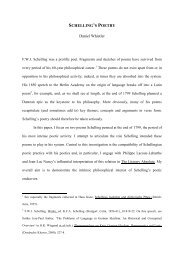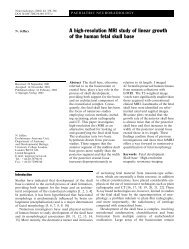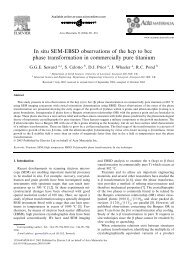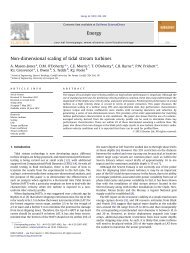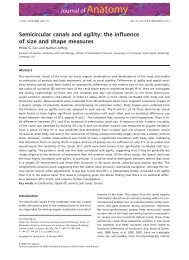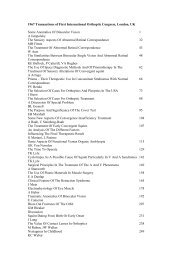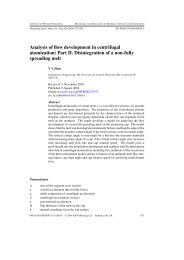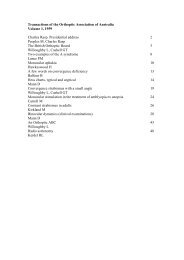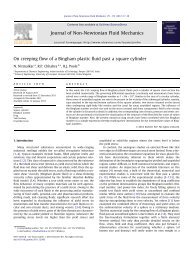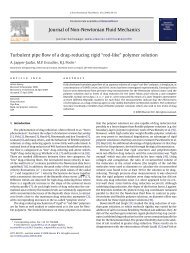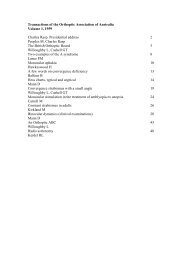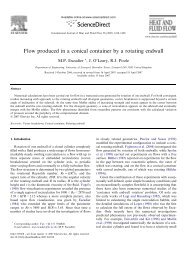The Discipline of Pious Reason: Goethe, Herder, Kant Daniel ...
The Discipline of Pious Reason: Goethe, Herder, Kant Daniel ...
The Discipline of Pious Reason: Goethe, Herder, Kant Daniel ...
You also want an ePaper? Increase the reach of your titles
YUMPU automatically turns print PDFs into web optimized ePapers that Google loves.
pleasure. Friendship circumvents the One in favour <strong>of</strong> the multiple. Friendship is<br />
‘endless’—an infinite, ‘arduous’ task which never reaches completion.<br />
<strong>Herder</strong> elucidates friendship through opposing ‘common purpose’ to union. What is<br />
sought is not for two individuals to become the same, to meld into one another, but<br />
rather collaboration—the mutual and reciprocal interchange <strong>of</strong> ideas that helps form<br />
each individual in divergent ways. <strong>Herder</strong> writes, ‘<strong>The</strong> two flames on one altar play<br />
into one another, they jubilantly lift and carry one another… In general a life in<br />
common is the mark <strong>of</strong> true friendship: the disclosing and sharing <strong>of</strong> hearts’ (ibid,<br />
4:412; p. 114). Perhaps we could gloss <strong>Herder</strong>’s comments anachronistically by<br />
quoting Michèle Le Doeuff’s allusion to the collaborative relationship <strong>of</strong> John Stuart<br />
Mill and Harriet Taylor. She writes in <strong>The</strong> Sex <strong>of</strong> Knowing,<br />
However far we go back in the history <strong>of</strong> their relationship, Harriet Taylor never<br />
was a disciple <strong>of</strong> John Stuart Mill. Still less was she his creation… Each stood up<br />
to the other, neither was completely under the “influence” <strong>of</strong>, or “incorporated”<br />
by, the other, but each had to defend her/himself against the other, each had a<br />
slight tendency to want too much from the other. (Le Doeuff, 2003, p. 217)<br />
Just as for <strong>Herder</strong>, so too for Le Doeuff it is not the ‘incorporation’ <strong>of</strong> one individual<br />
into another which provides the ethical telos <strong>of</strong> life, but rather collaboration between<br />
two distinct and competing individual thinkers—not discipleship but friendship. It is<br />
the pleasure the individual as individual takes in another.



